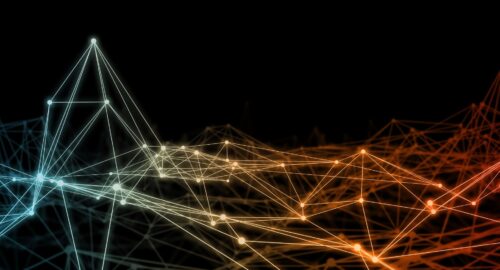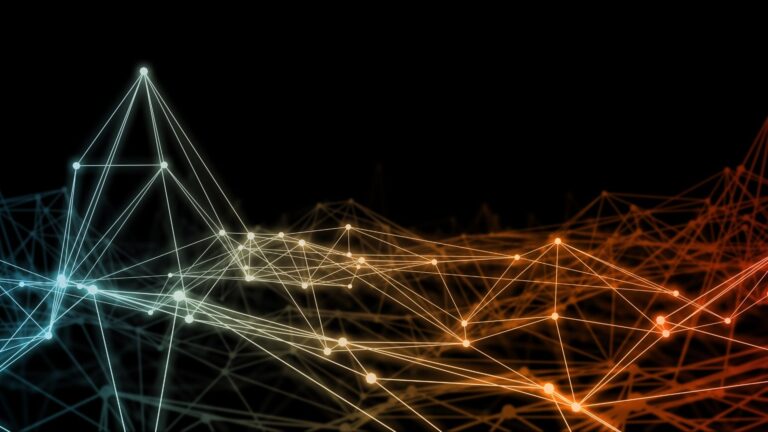I.N.F.N. - Padua
The Padua working group is involved on the front line in two major future collider projects: the “Future Circular Collider” (FCC) project and the “Muon Collider”.
The Padua group participates actively in two major project for future colliders: the “Future Circular Collider” (FCC) project and the “Muon Collider” project.
The FCC project consists of a new 100km tunnel to be excavated at CERN in the Geneva region, that will contain an electron-positron collider (FCC-ee) followed by a proton-proton collider at very high energy, 100 TeV (FCC-hh). The FCC-ee will be a machine able to make extremely precise measurements of the properties of the Higgs boson and of the Standard Model. It will also be able to search directly for new particles that can be dark matter candidates. It is expected to start taking data in 2040. To be ready, we need to start now!
The activities of the Padua group, in collaboration with our international colleagues, are focused on:
● Designing an innovative spectrometer for the FCC-ee optimized to perform the physics measurement with the expected accuracy. For this, we develop simulations of the detector response and we compare their performance across the different technologies on the physics events of interest. In particular, we study the proposal of the IDEA detector concept with an interest in its tracking system;
● Performing physics studies for the search of new particles that could be dark matter candidates, i.e. the 90% of the matter in the Universe. The signals from these particles can be very unusual and difficult to see, and they require the development of new techniques and algorithms to be identified;
● Research and development of Silicon pixel sensor at extremely high time resolution (TIMESPOT) to realize tracking detectors with 4D information (3 spatial dimensions and 1 temporal dimension) for future high-energy physics experiments. It is important to note that this technology has also medical application (iMPACT) and it is used in the realization of a scanner for proton tomography in hadron therapy applications;
● The Padua group is involved, as well, in the study for a new machine to accelerate muons, that can provide collisions at energies never reached before, the “Muon Collider”.
In particular:
- We collaborate with accelerator experts to understand how to bring the muons to collide before they decay, and the effect that the products of the muon decays can have on the detector itself;
- We optimize the detectors needed to reconstruct the products of the collision between two muons at very high energy. The energies considered have never been studied before in this context and they open a new chapter in detector design and data analysis tools;
- We study the precision that can be obtained in the measurement of the property of the Higgs boson. In particular, we focus on the determination of the Higgs field potential.
This will tell us if this machine will be able to probe with sufficient precision the origin of symmetry breaking and the origin of matter-antimatter symmetry in the Universe.
FisicaMenti
Patrizia Azzi
INFN Researcher – Lead Partner for the Padua Section / Lead Partner for “Social Impact”
Current coordinator of the “Physics Performance” group of the FCC-ee project at CERN. He deals with the research of new physics and the optimization of the detector design for FCC-ee.
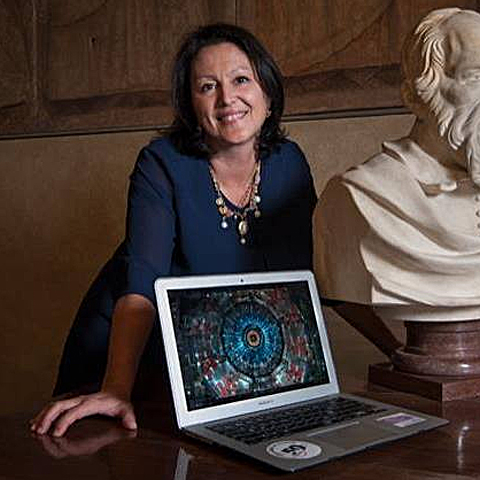
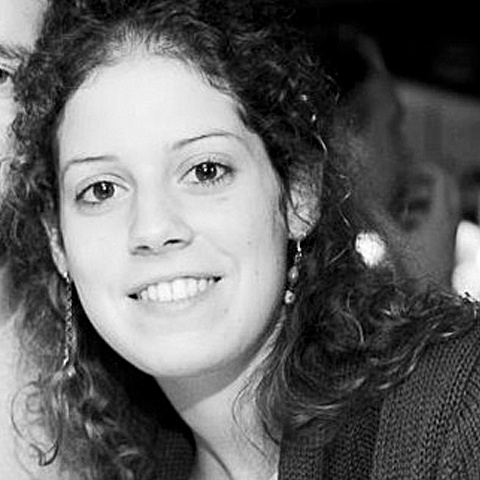
Laura Buonincontri
INFN PhD student & University of Padua
She is involved in the events simulation and reconstruction at a muon collider.
Serena Mattiazzo
UNIBG / INFN Researcher Padua – Lead Partner Padua for the theme “Detectors”
She develops silicon detectors and she is always looking for new possible application.
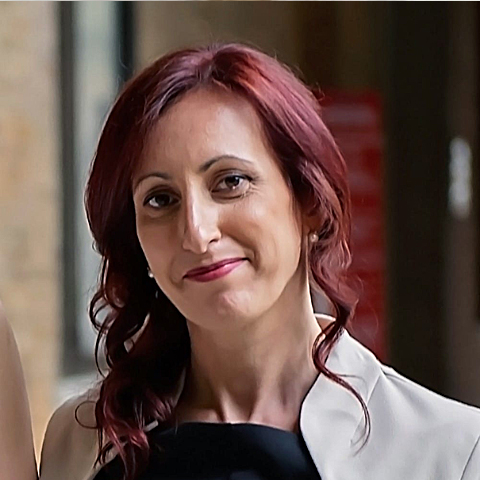
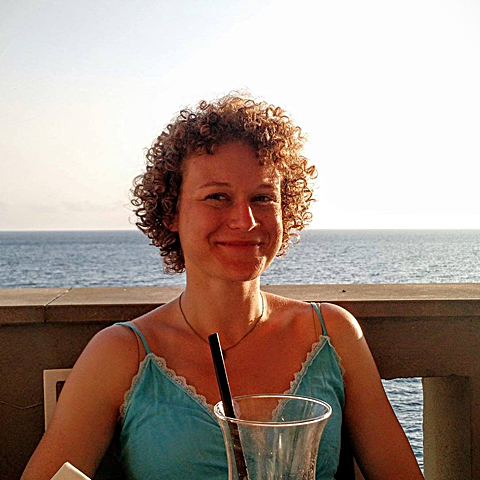
Sabine Hemmer
INFN Researcher – Lead Partner Padua for the topic “Social Impact”
As head of the External Funds Service of the Padua Section, he coordinates public engagement initiatives for students of all ages and for adults and provides support to researchers in accessing external funding.
Donatella Lucchesi
Full Professor at department of Physics and Astronomy
He participates from the beginning in the feasibility study of a muon collision machine and currently coordinates the simulations of a possible detector, evaluating in particular the background caused by muon decays.
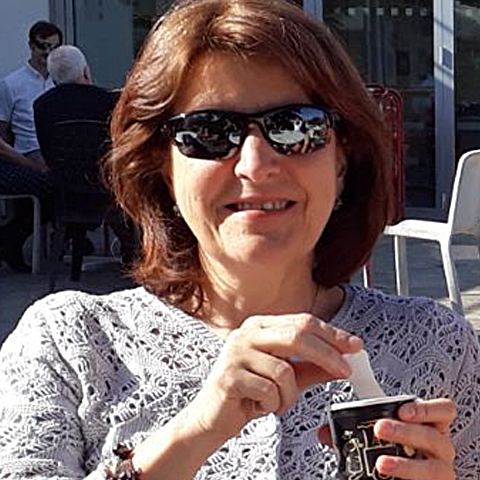
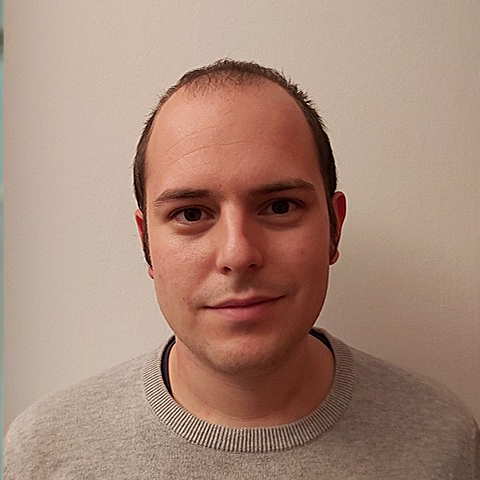
Lorenzo Sestini
INFN Researcher
He is involved in the simulation and development of the detectors at a Muon Collider. He study the Higgs boson Physics at the Muon Collider, in order to understand the precision that could be reached in the related measurements.
Davide Zuliani
INFN PhD student & University of Padua
He is involved in jets’ reconstruction at LHCb and in simulation studies for developing future calorimeters, both for LHCb and Muon Collider.
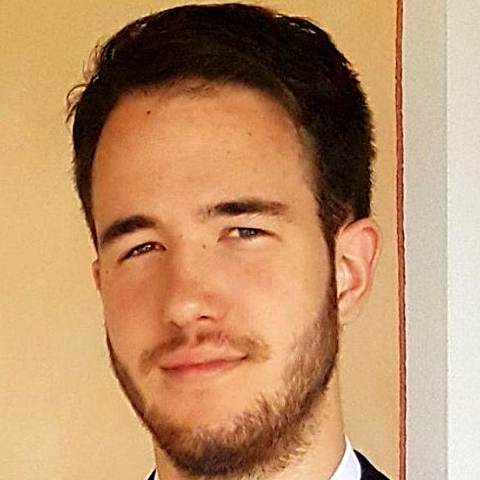
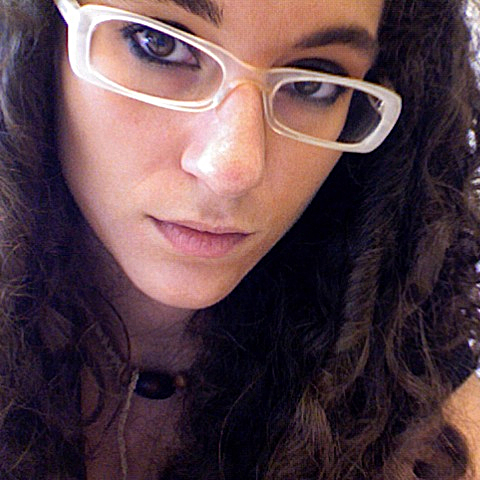
Mia Tosi
UniPd Researcher
She develops algorithms for the event selection and reconstruction, and data analysis
Stay Tuned
Other from WHAT NEXT? may interest you
Caduti nella rete (neurale)
Do you want to be part of our short film?
Are you curious about science? Do you want to discover the future of accelerator physics and its impact on society? Would you like to appear in a movie? Then all you have to do is apply in a few, very simple, steps!

